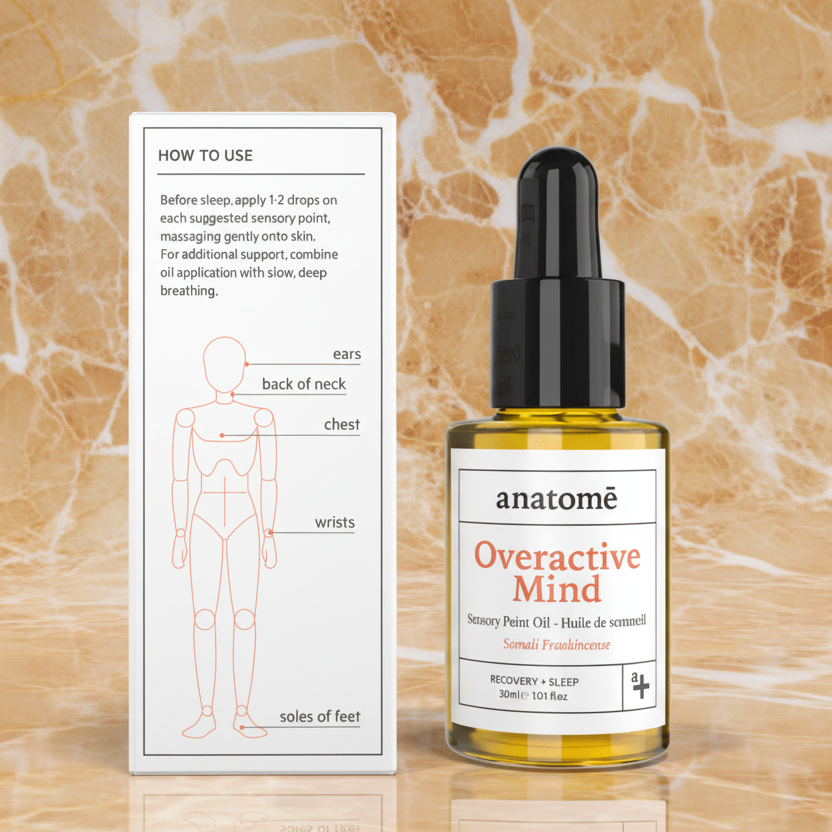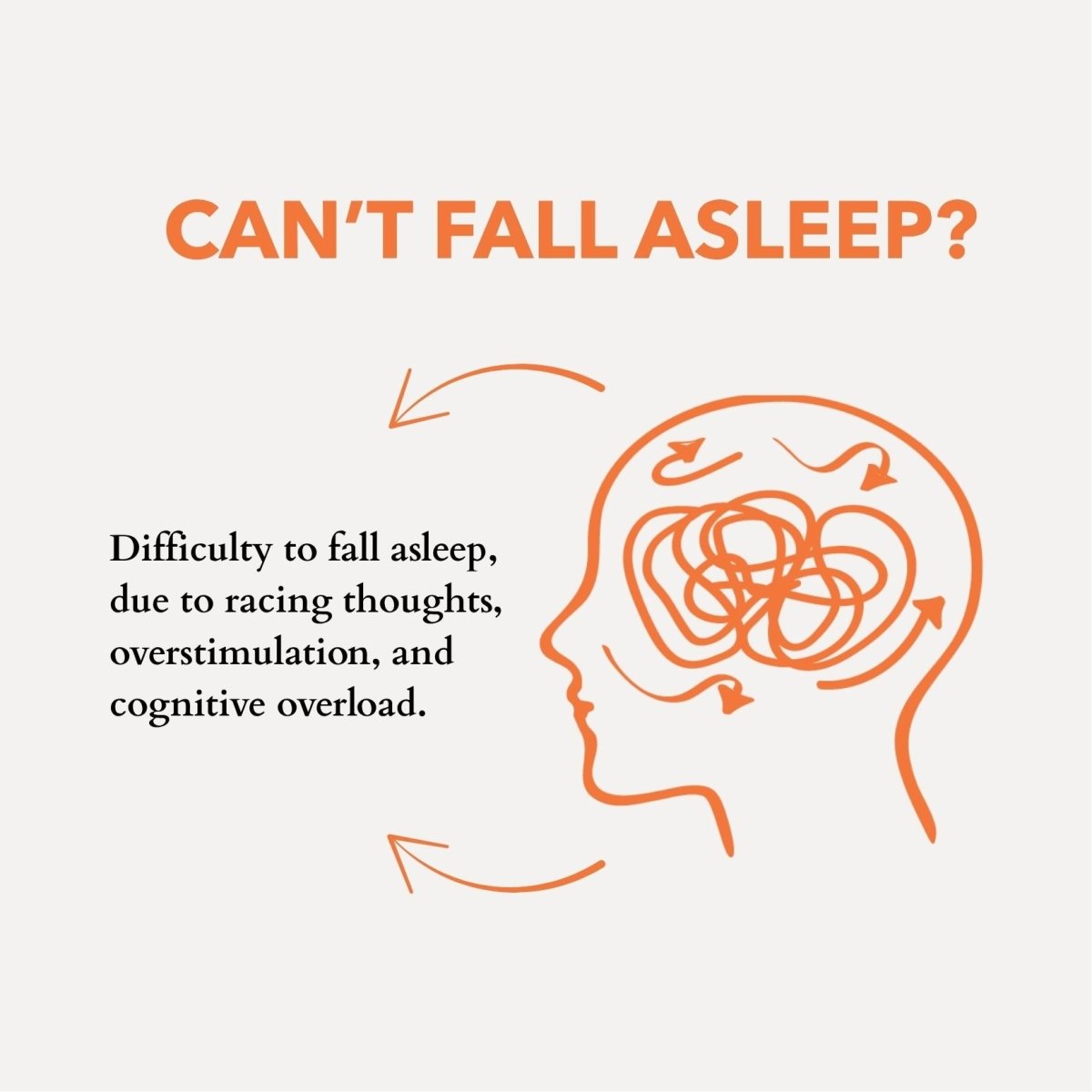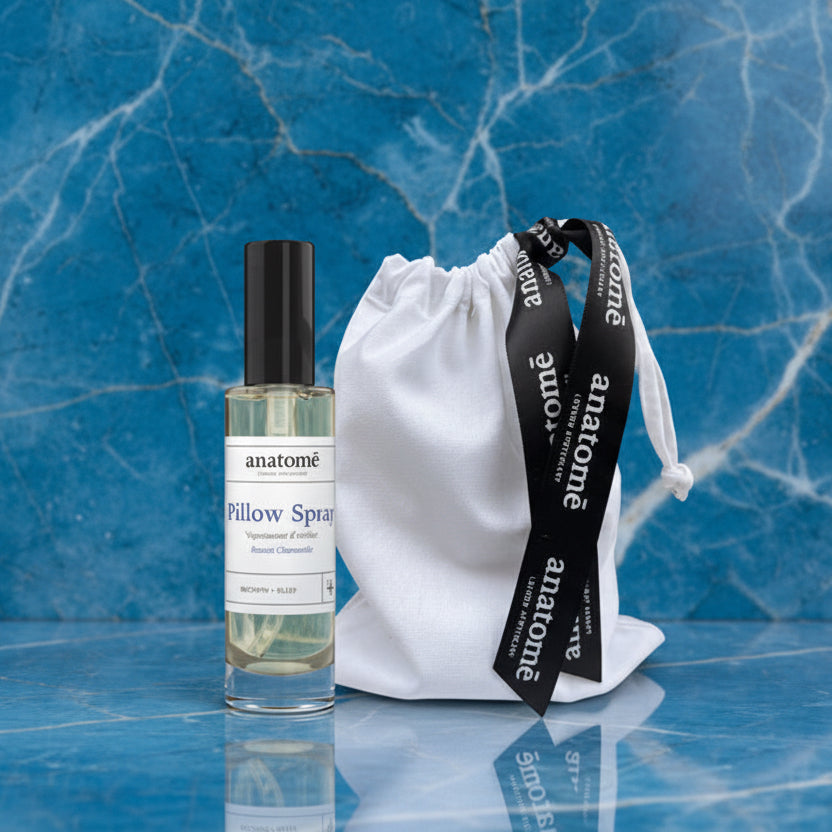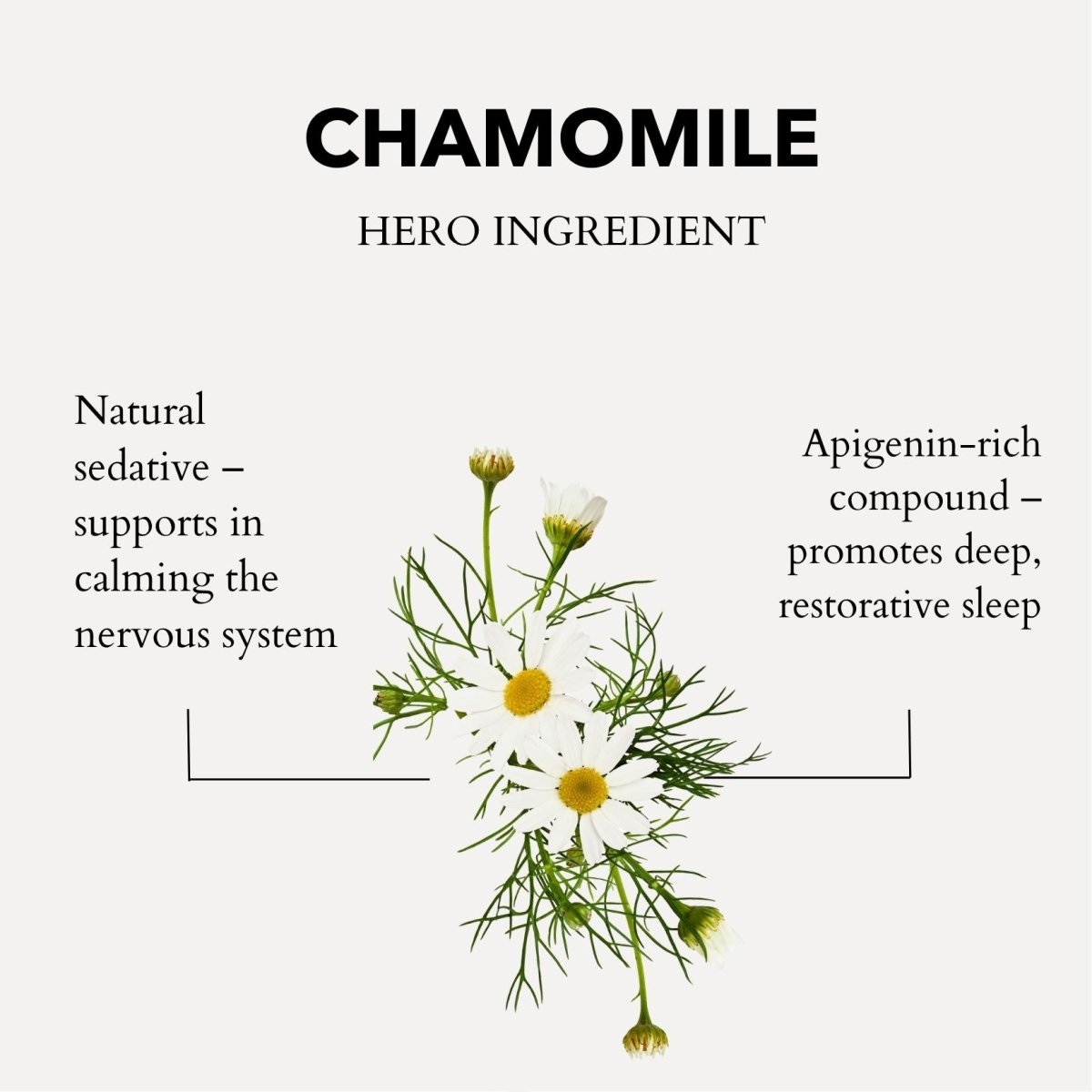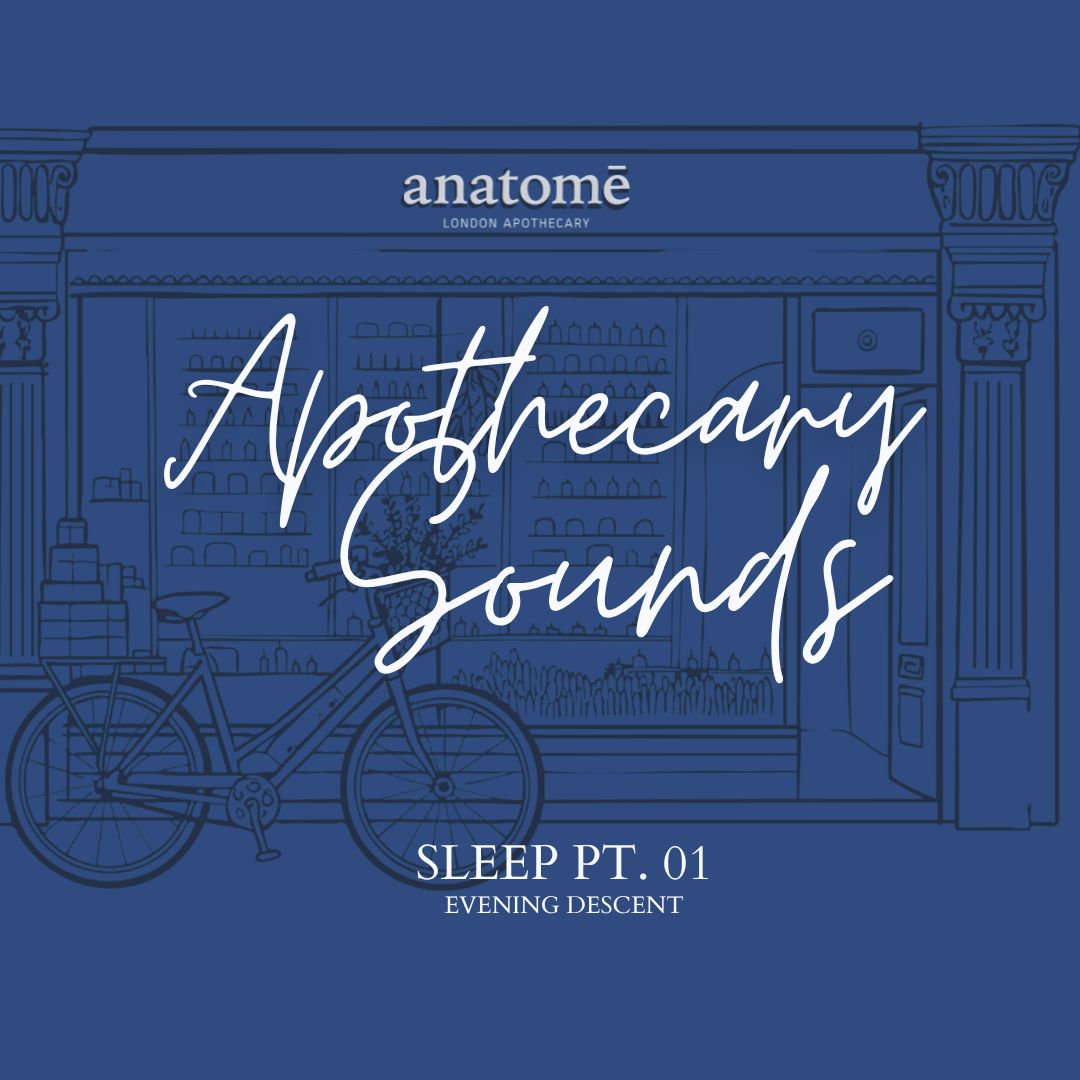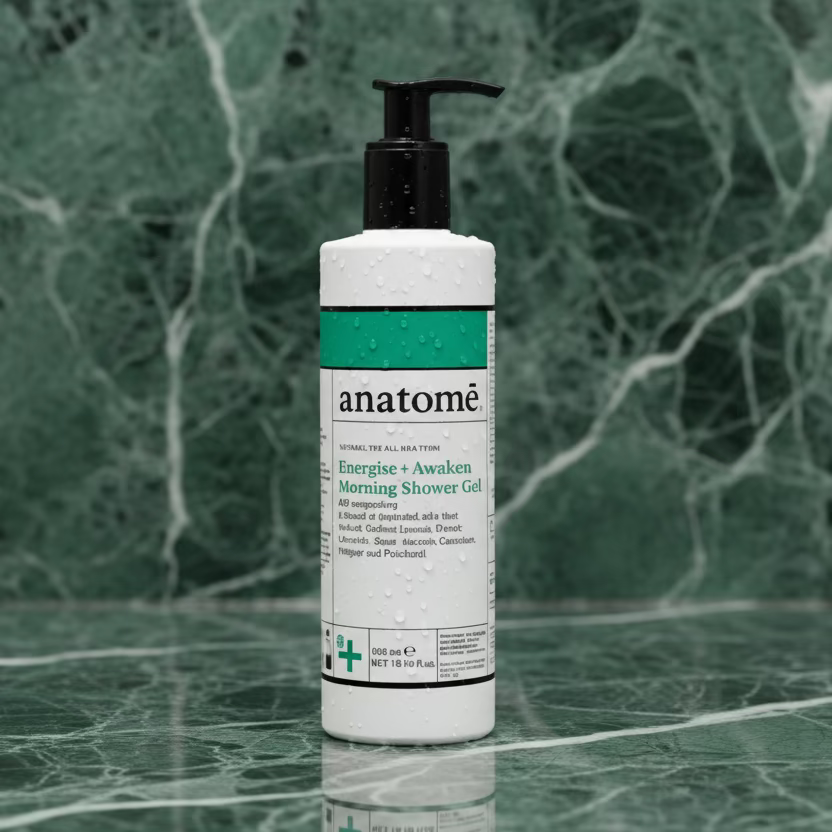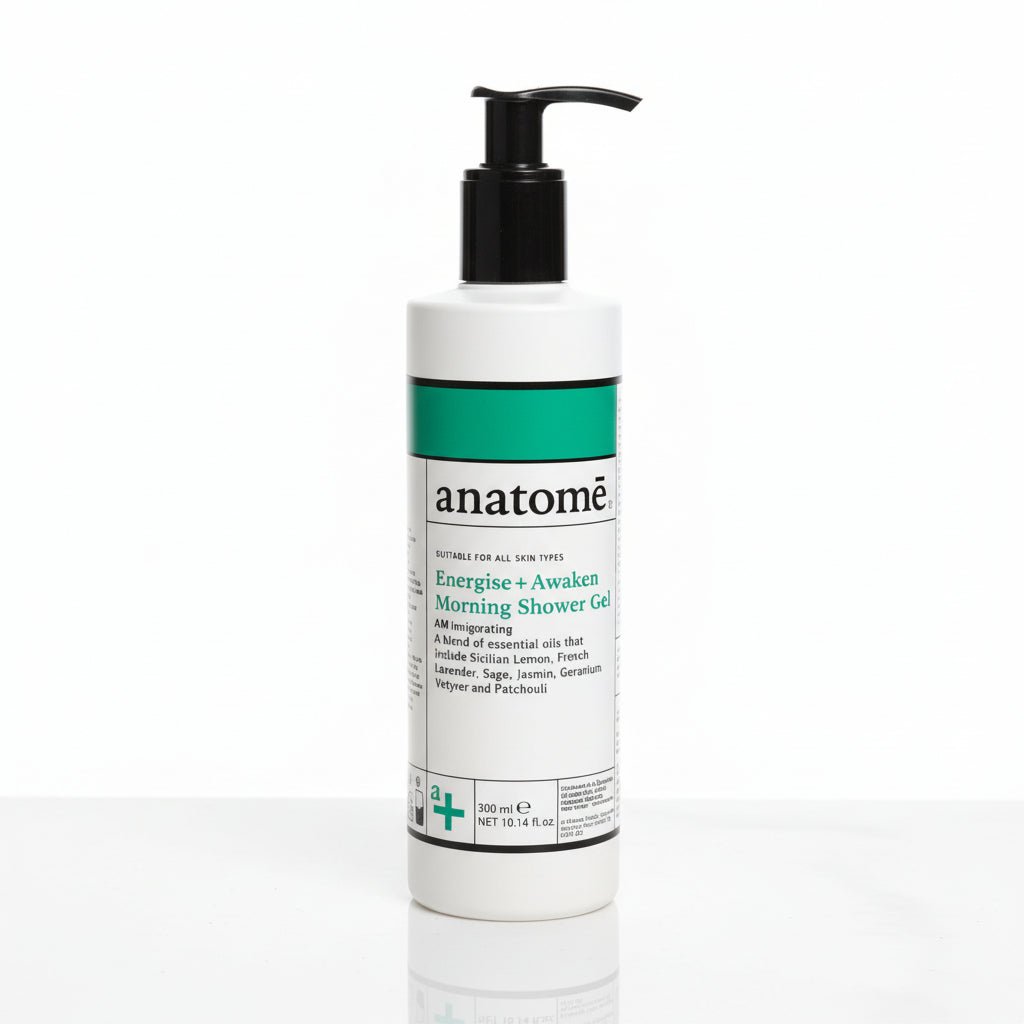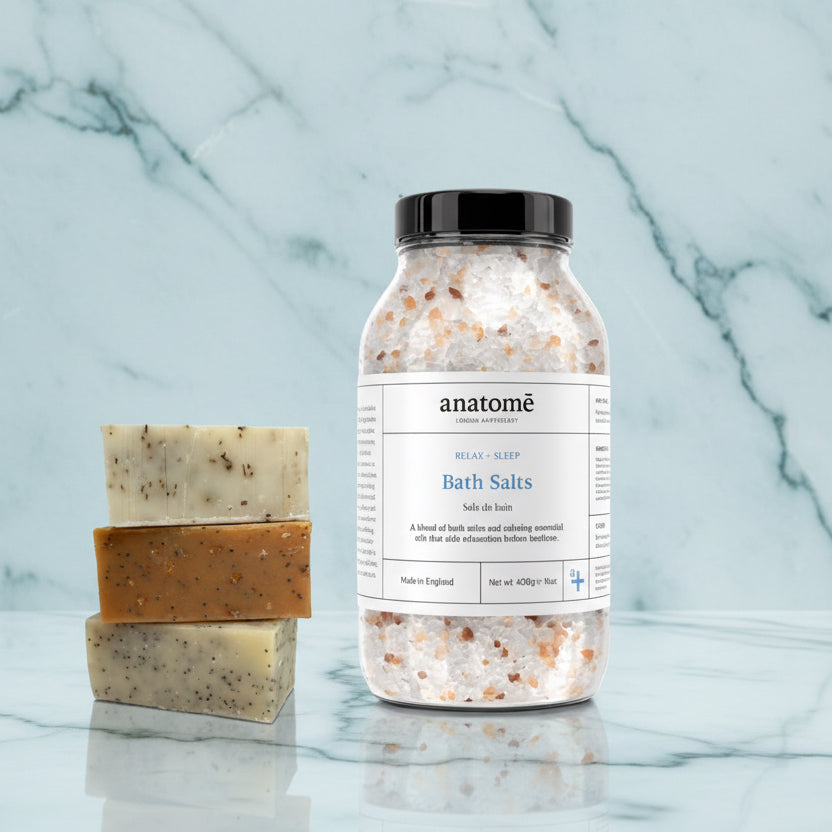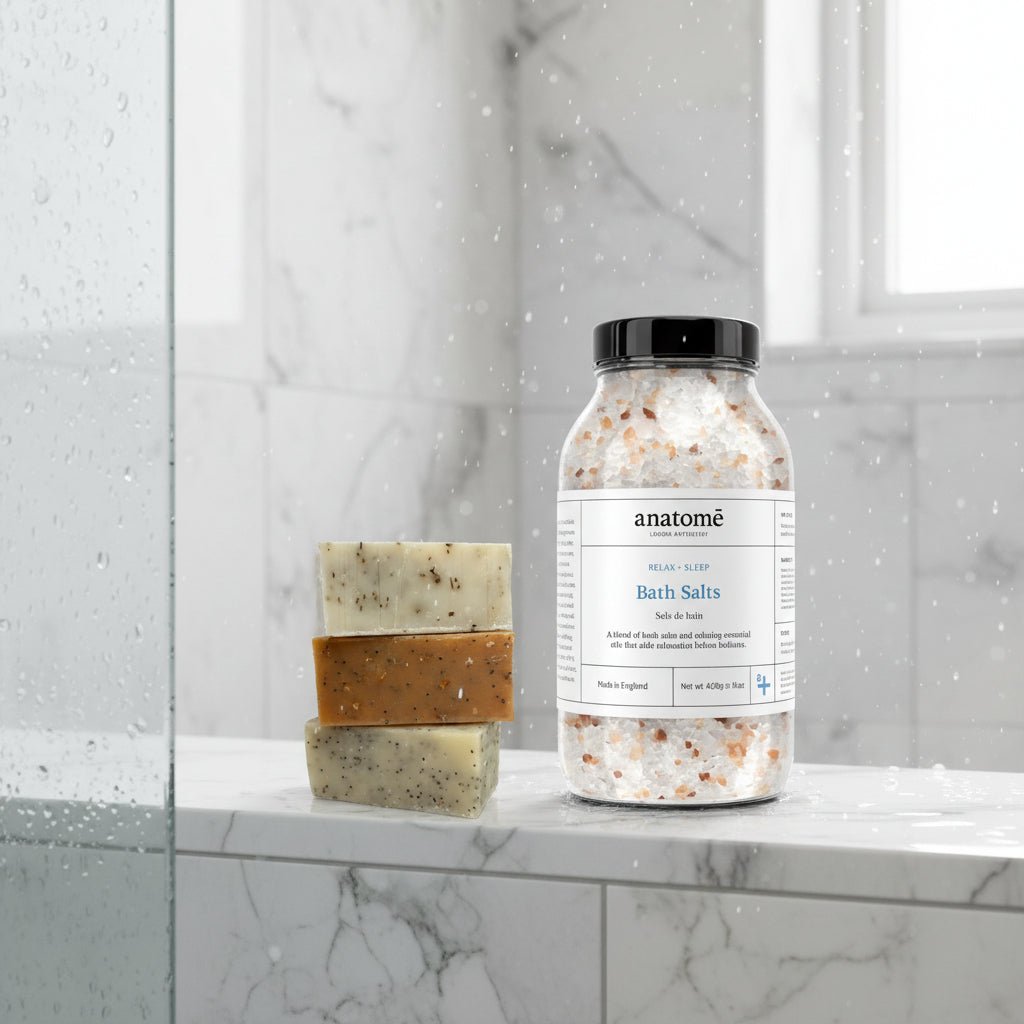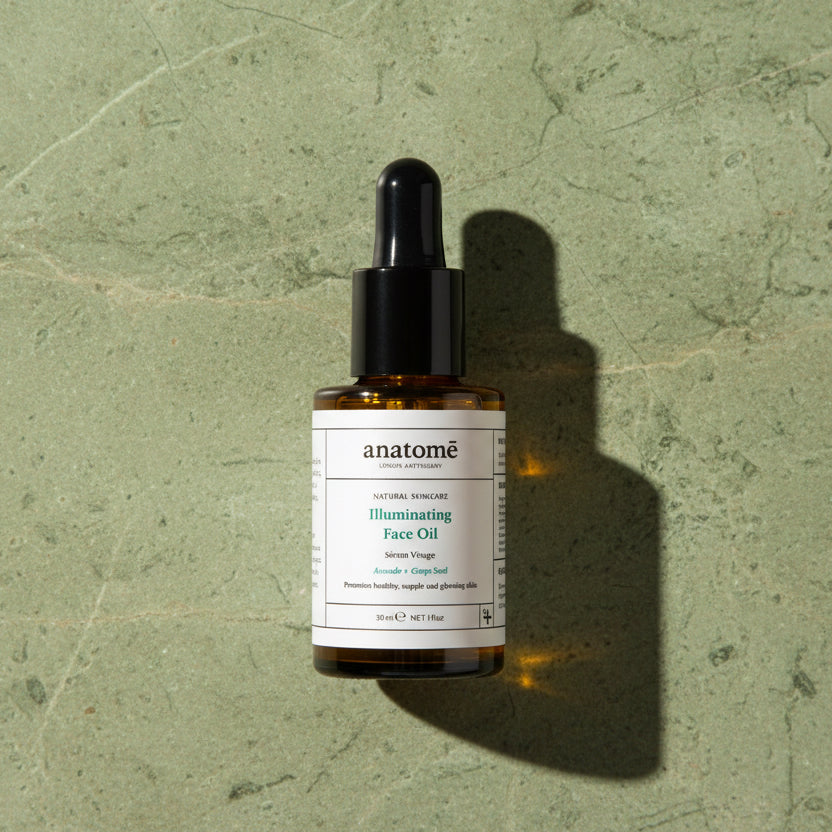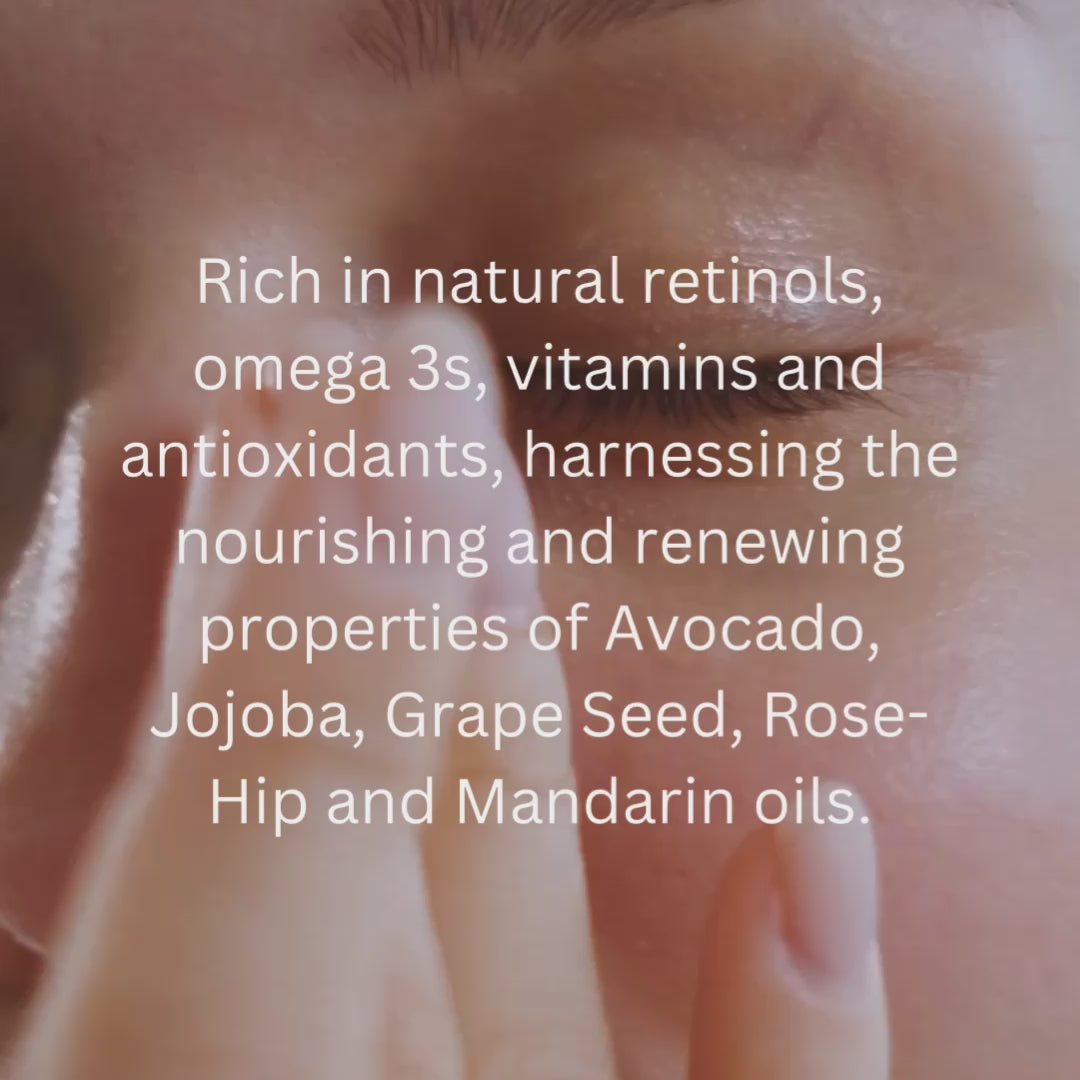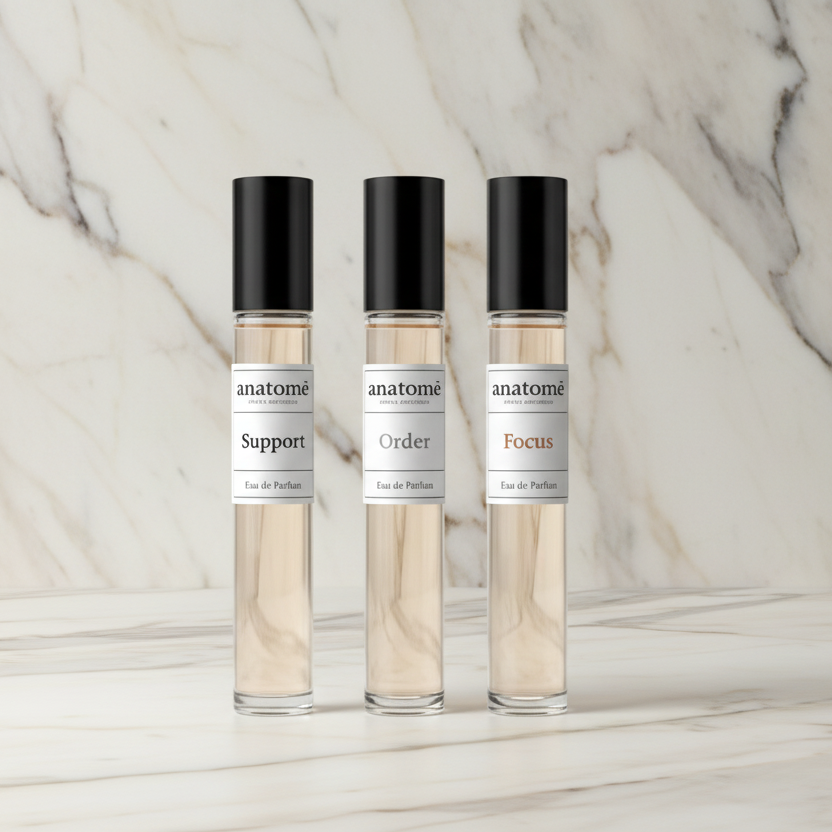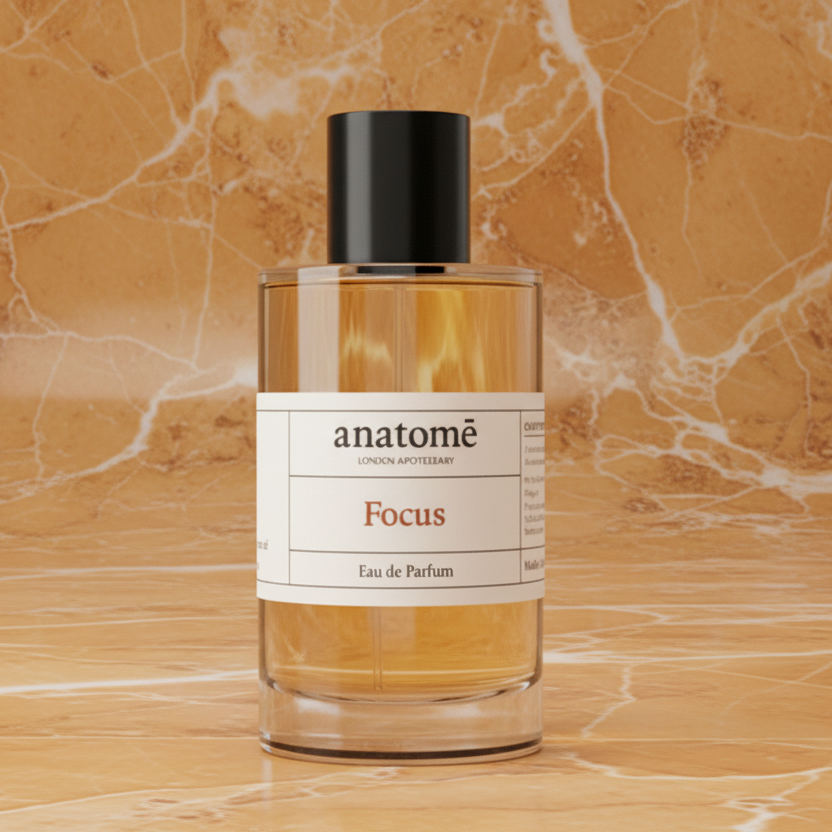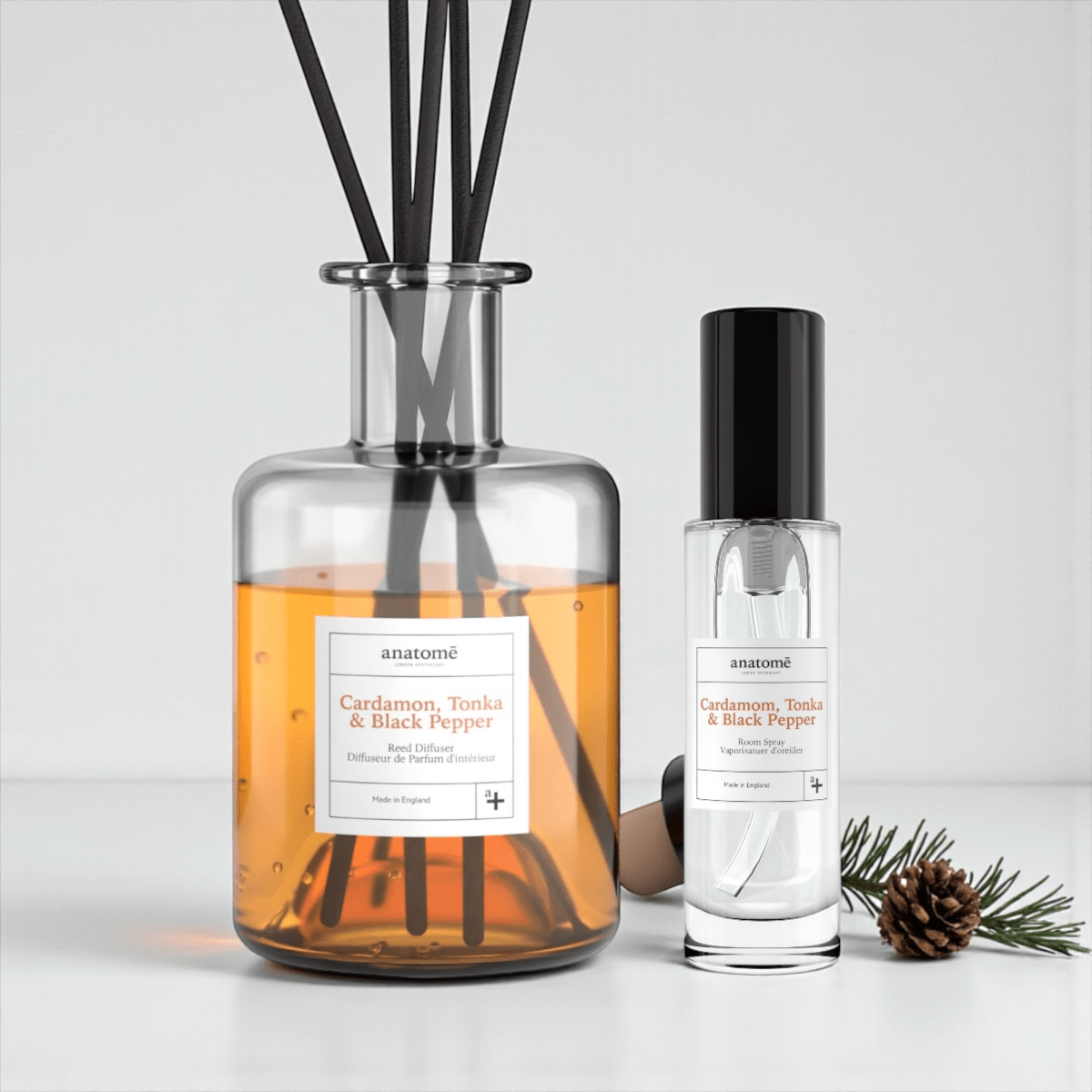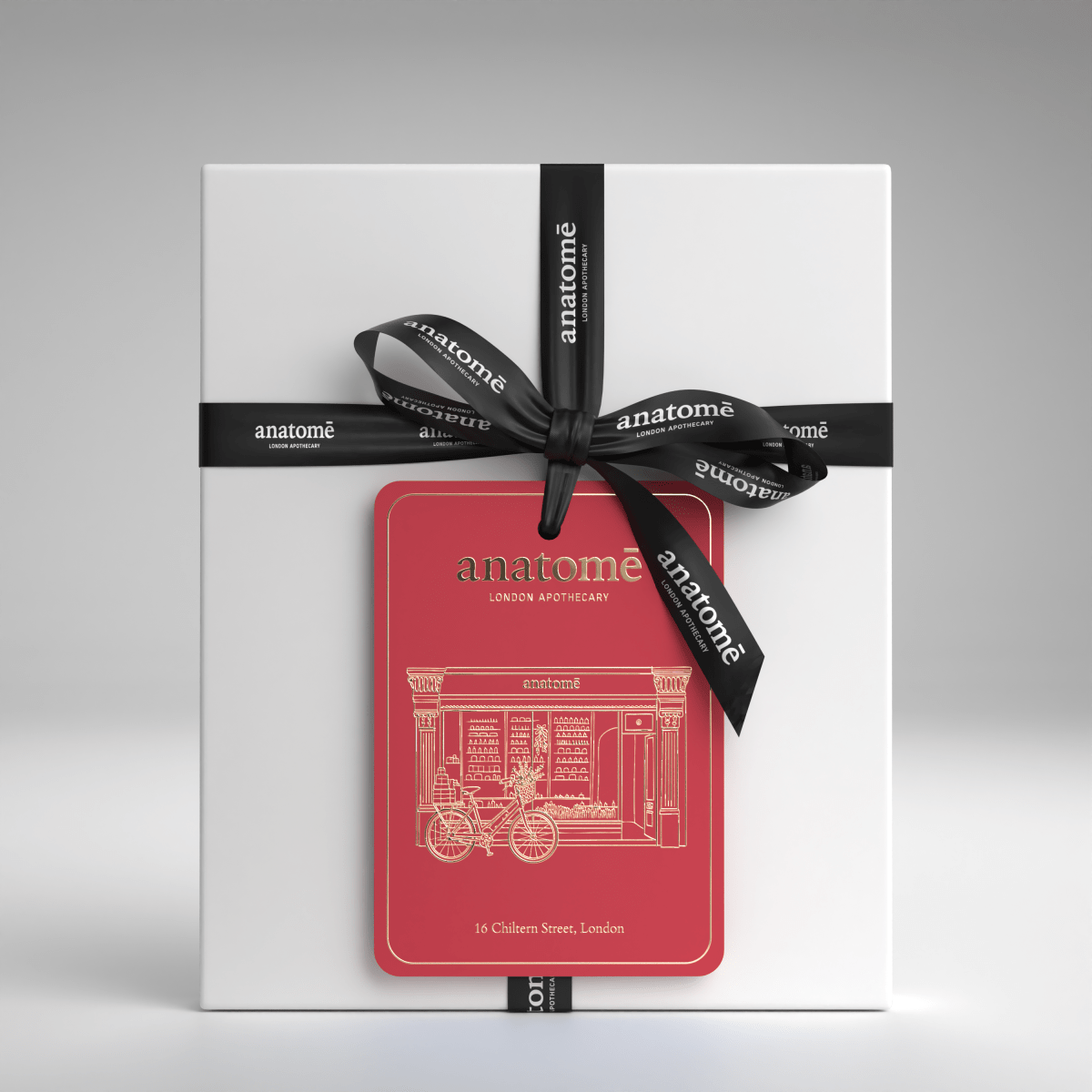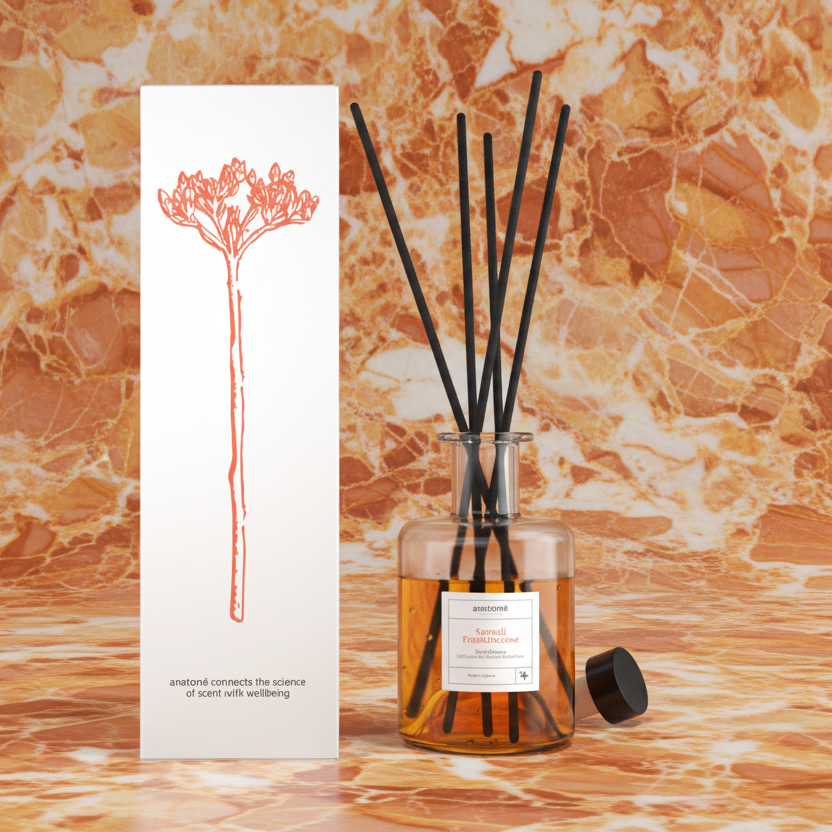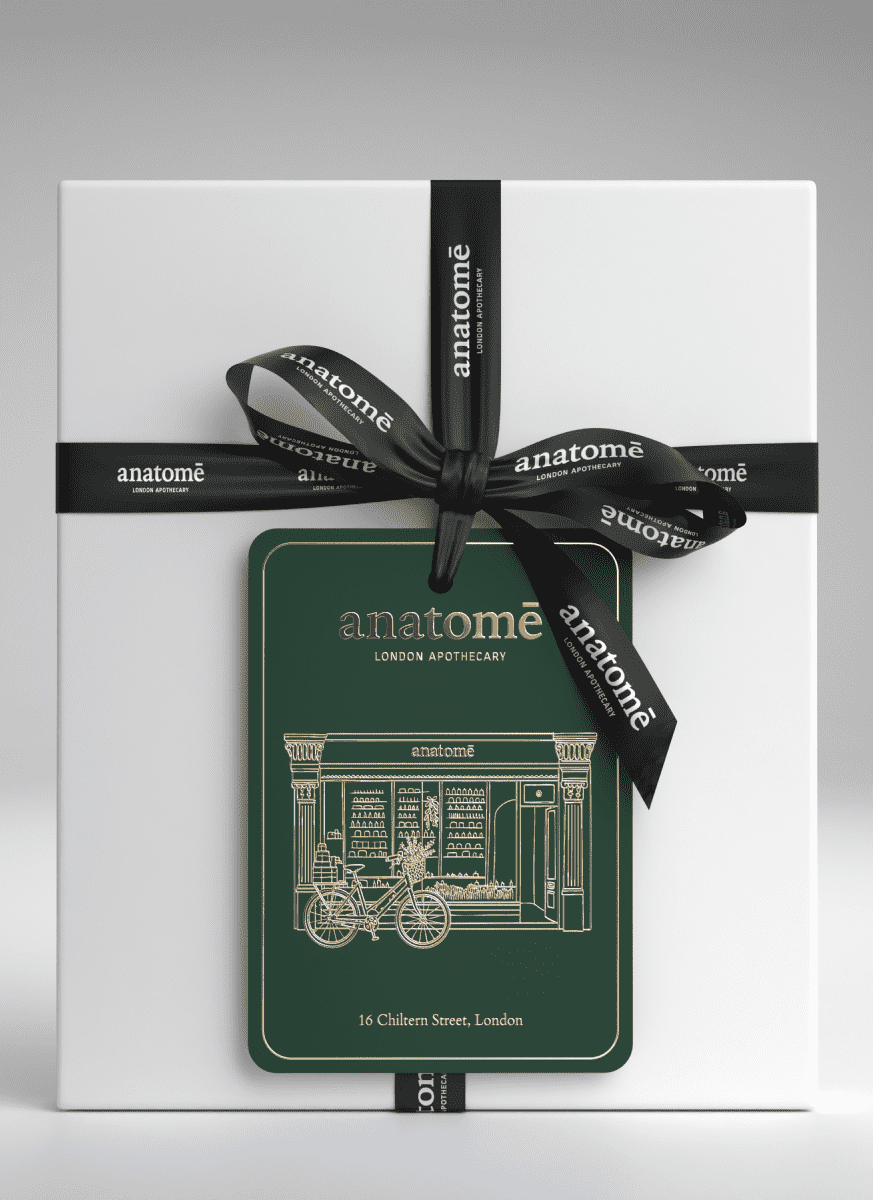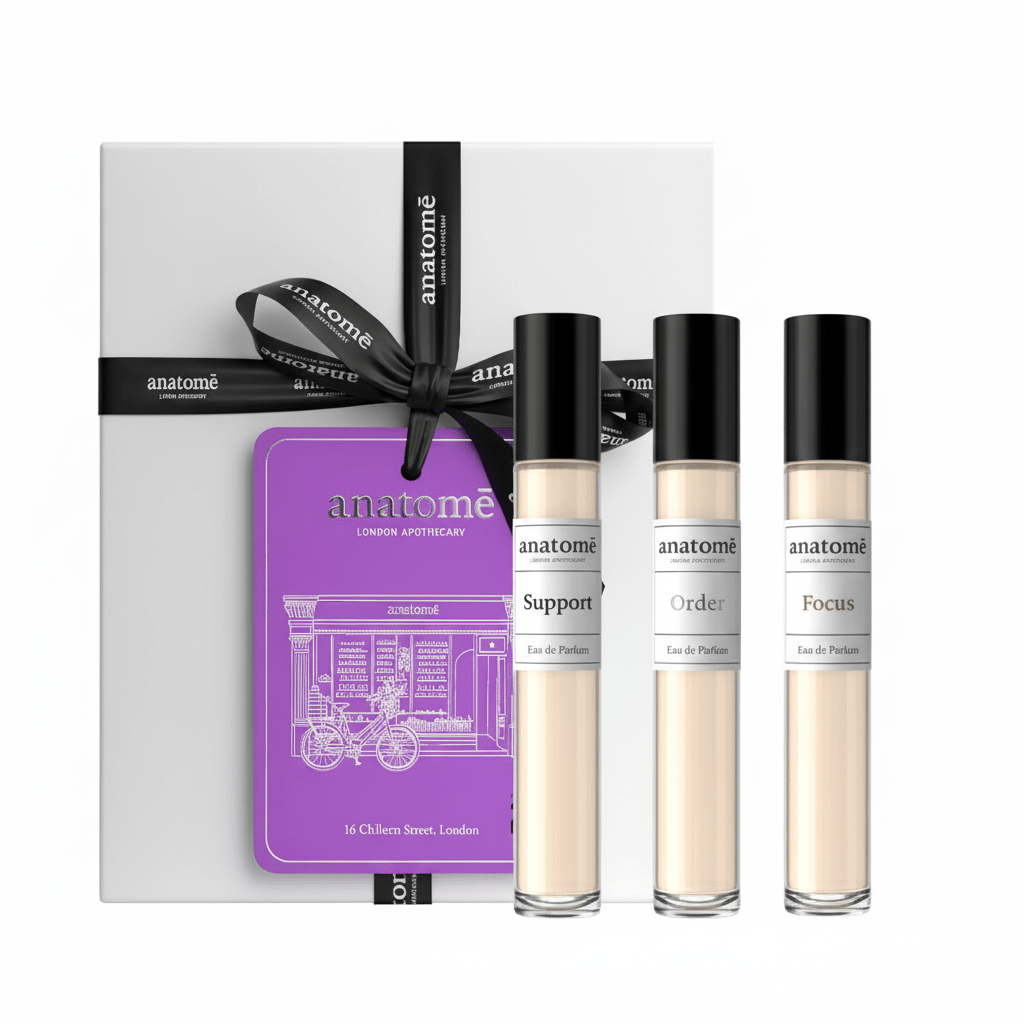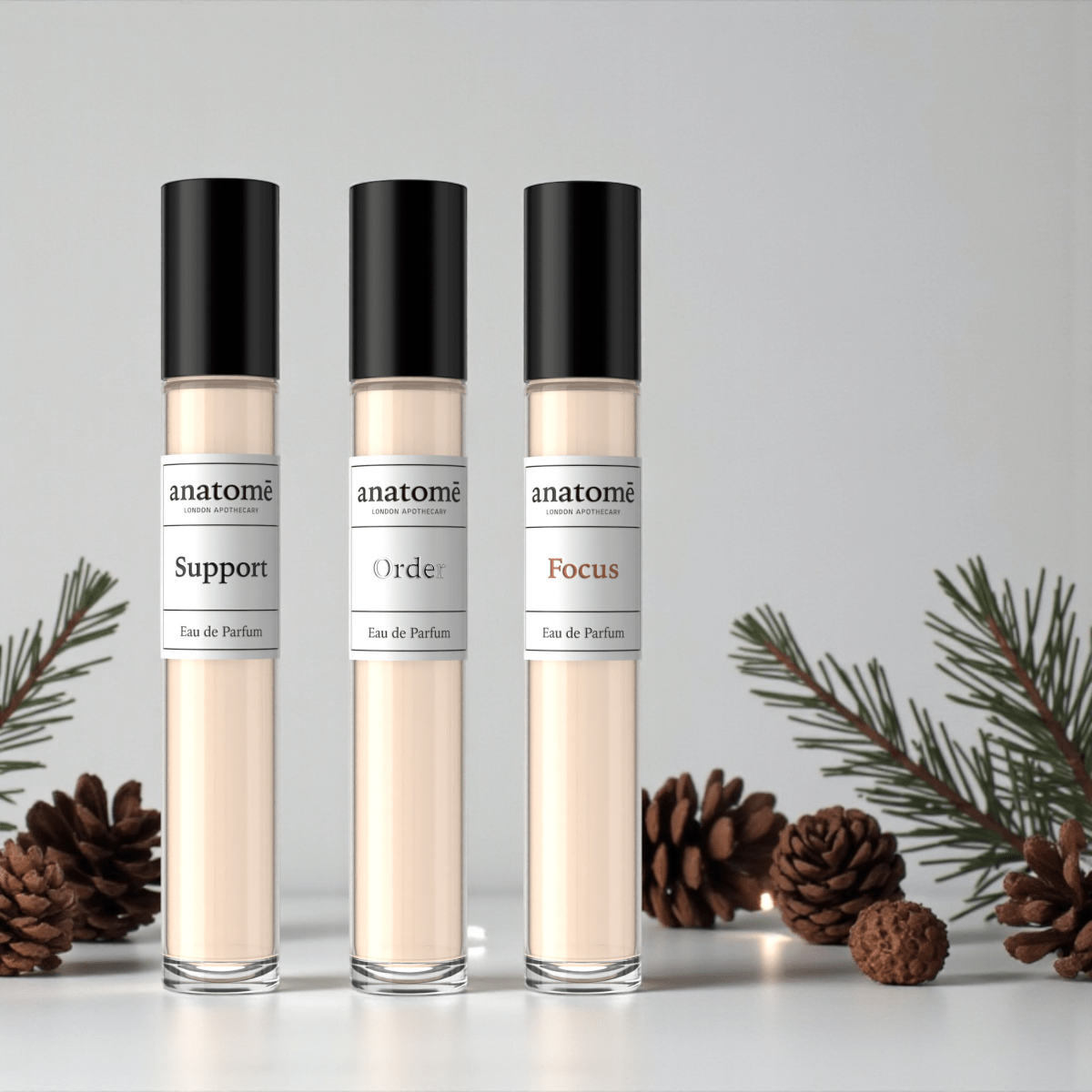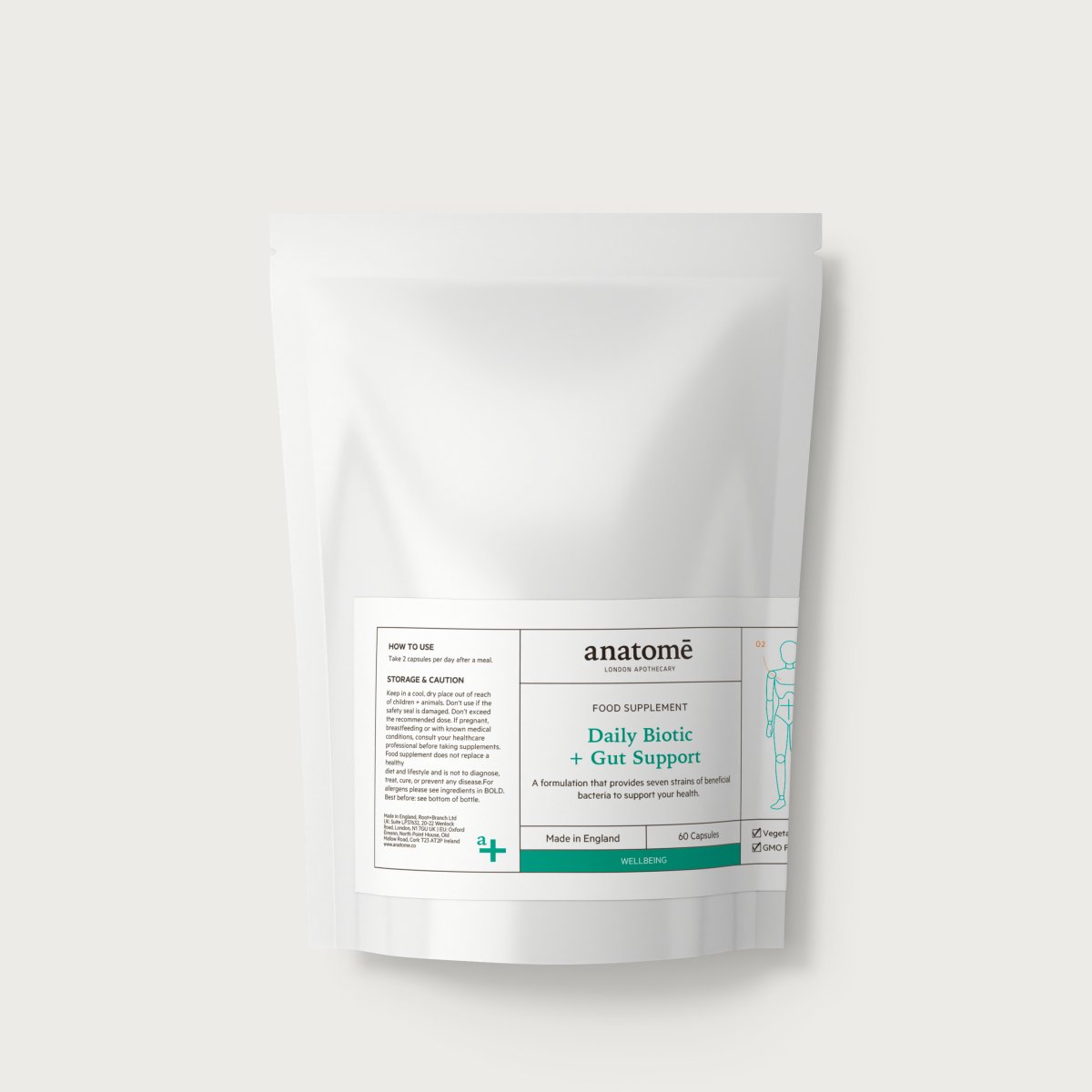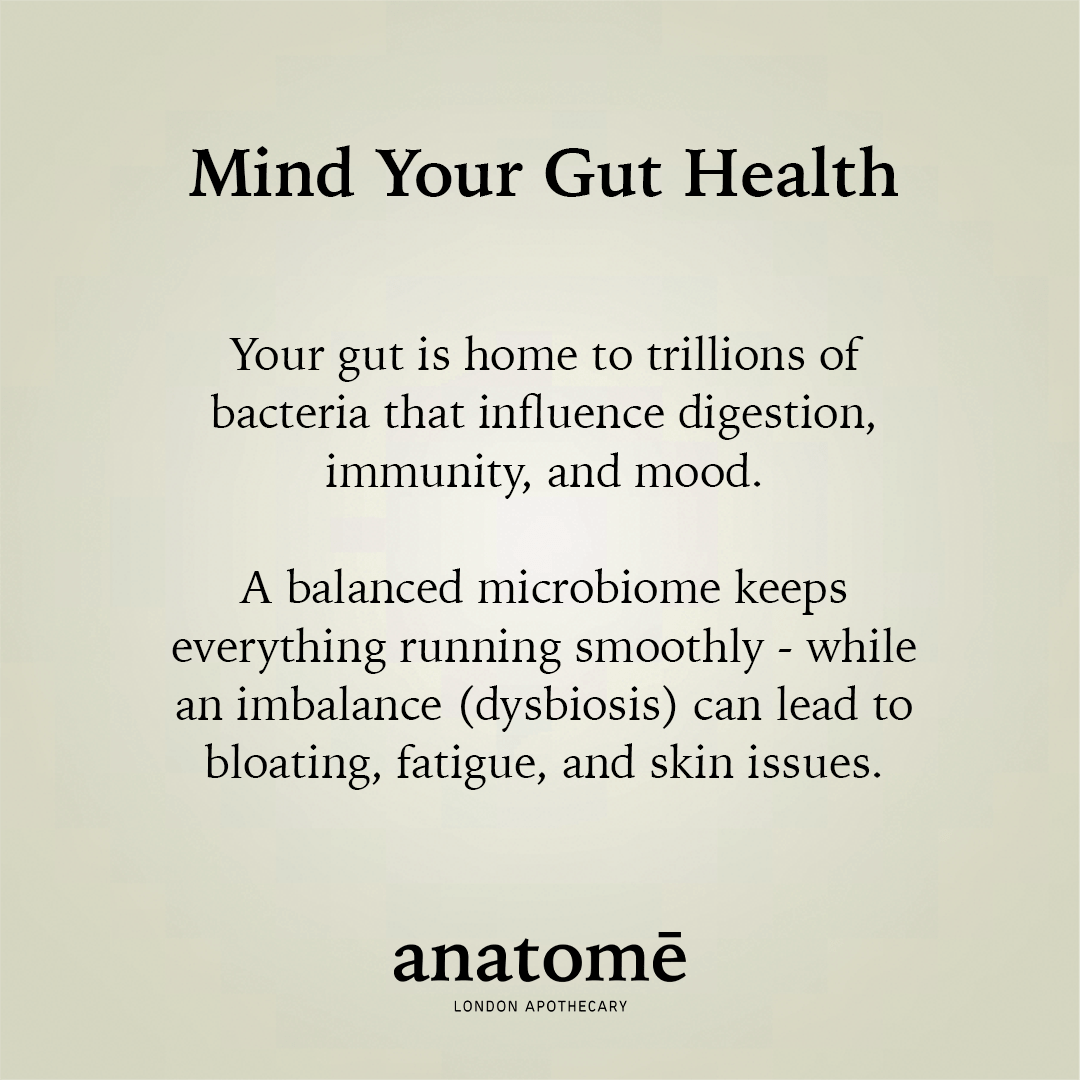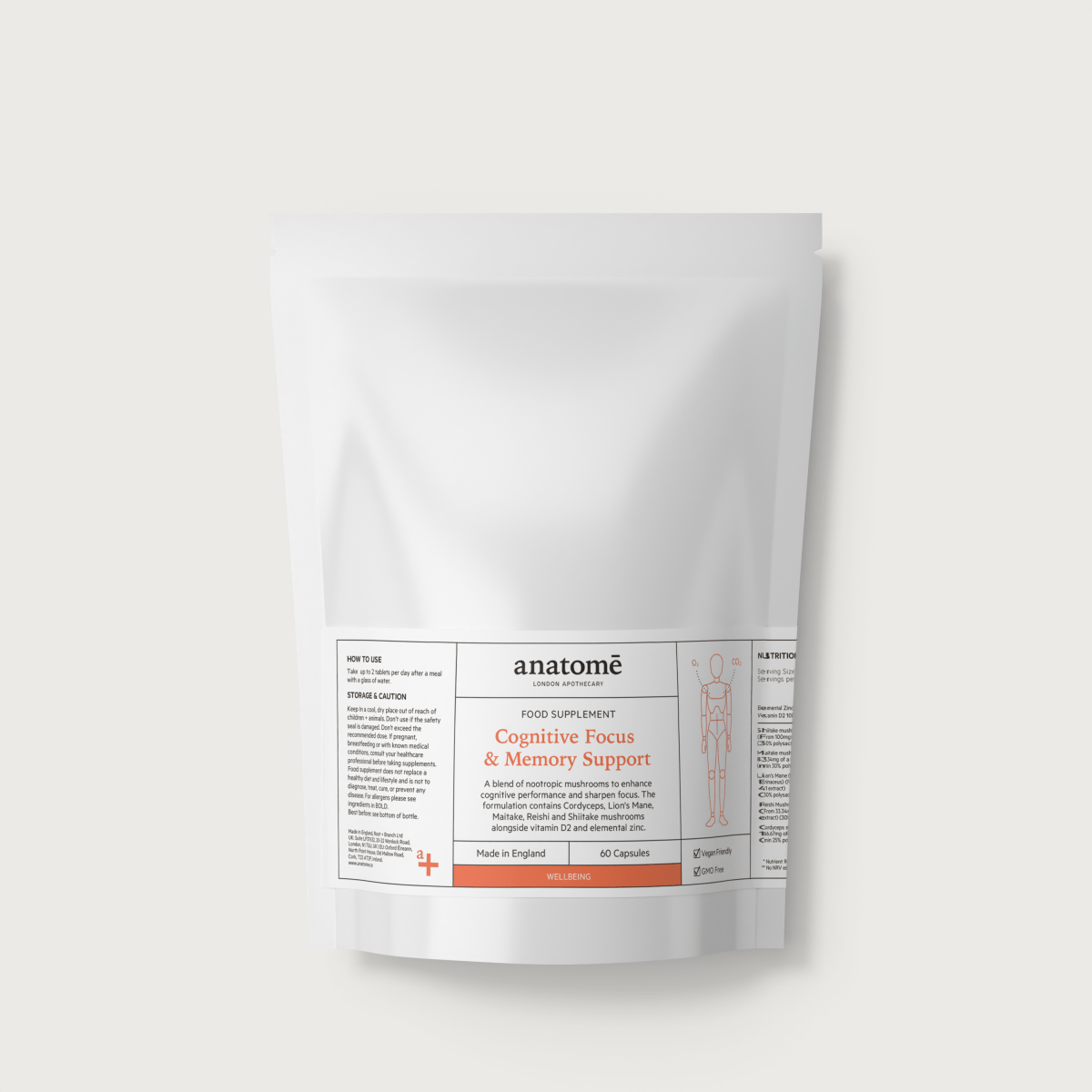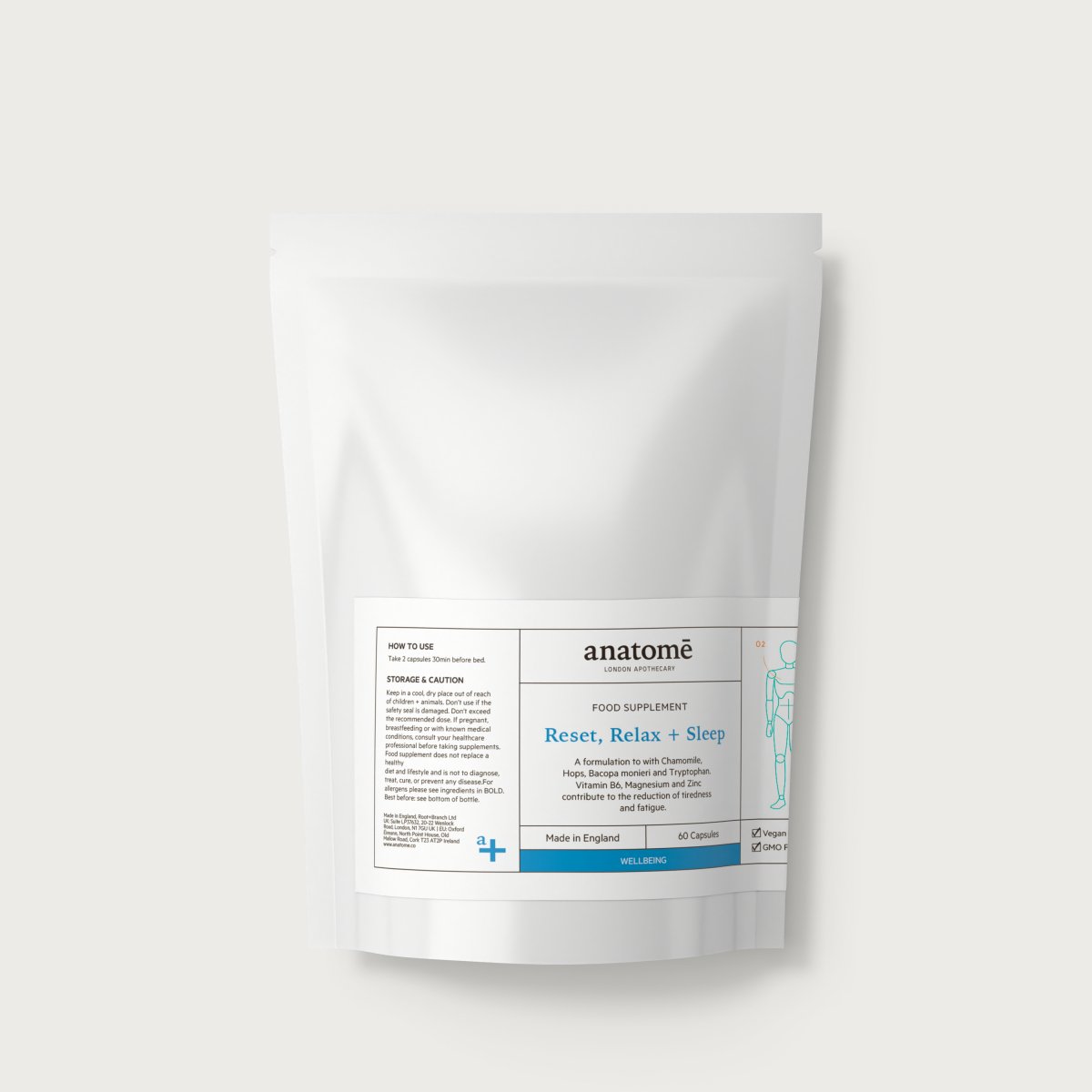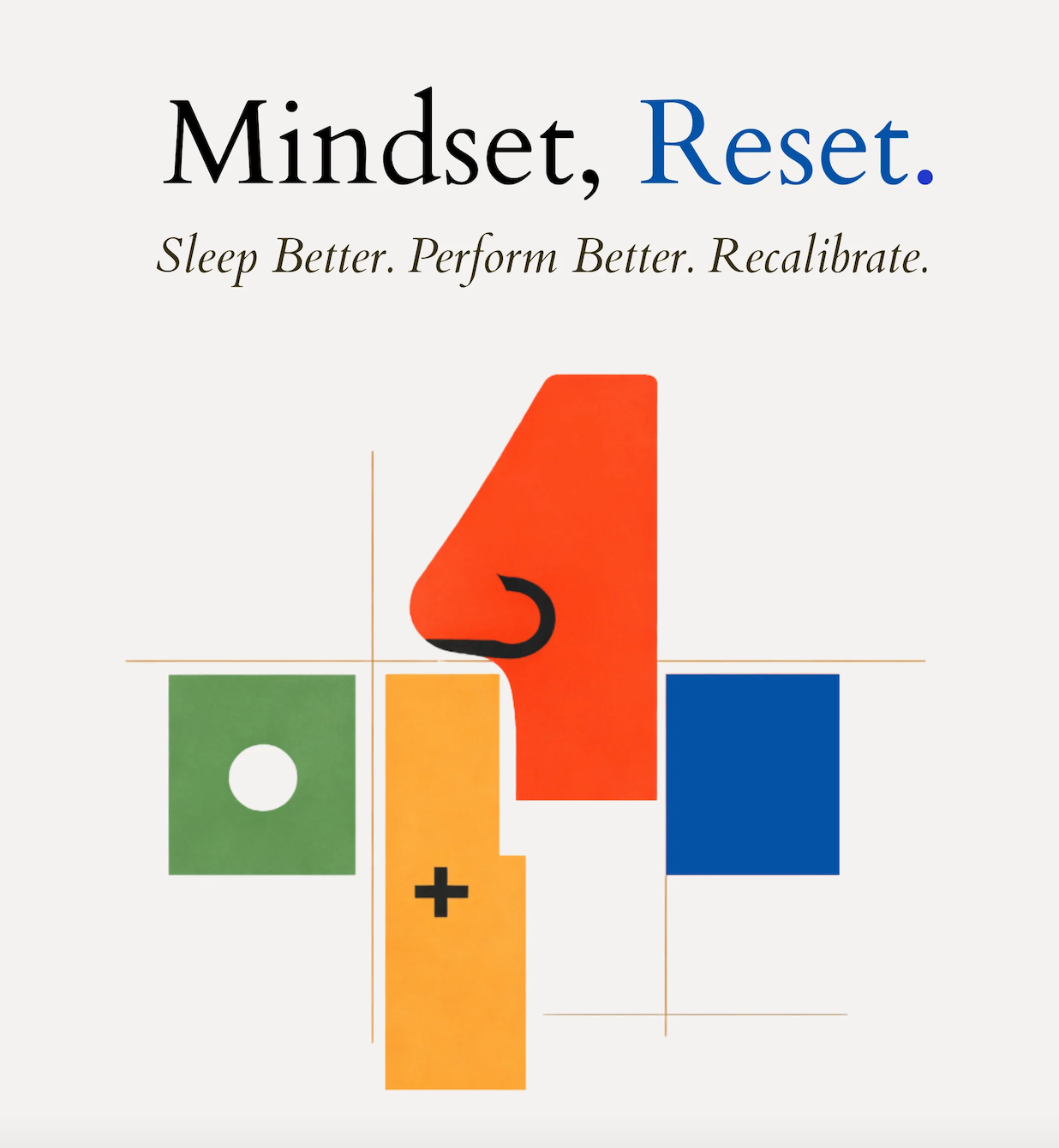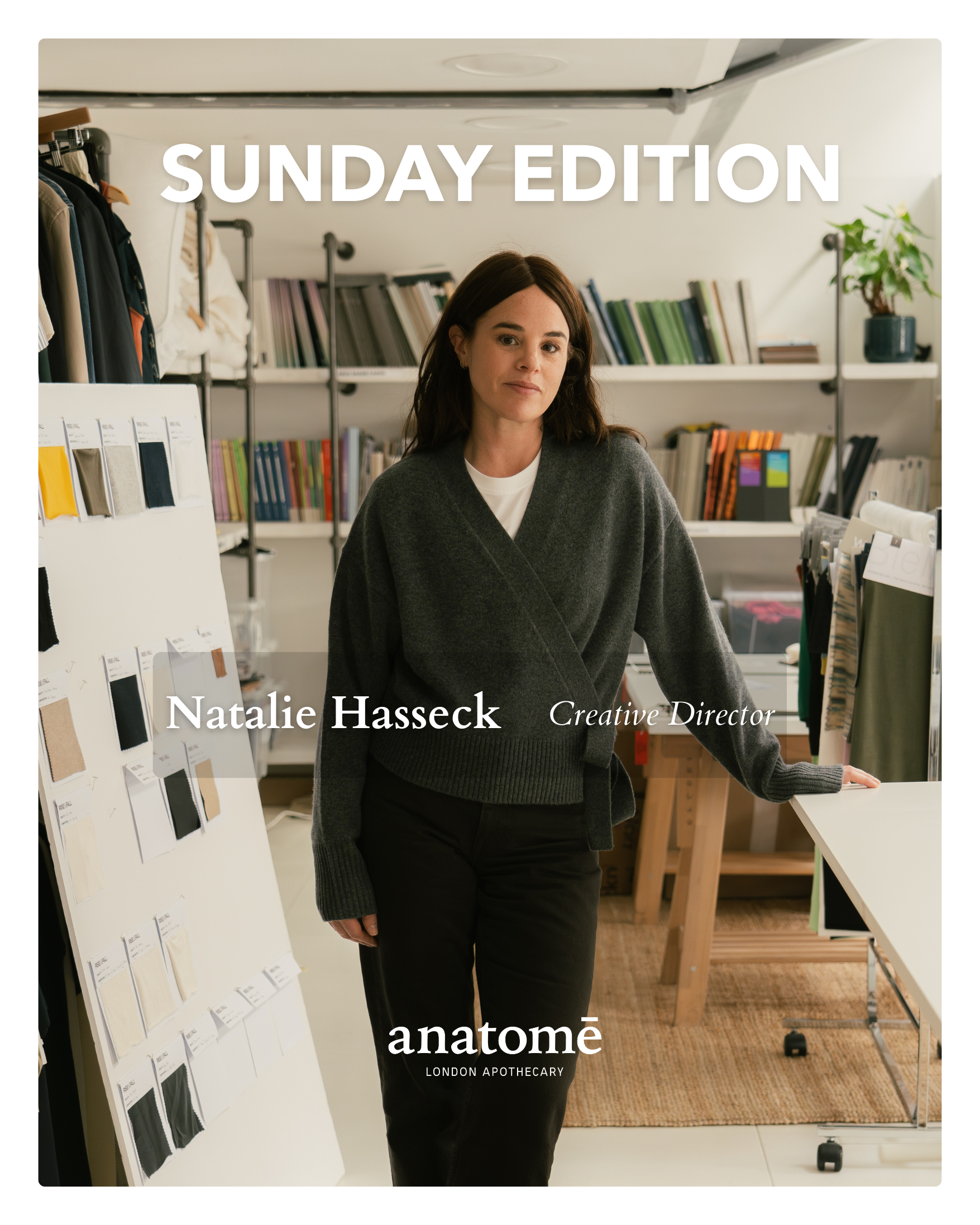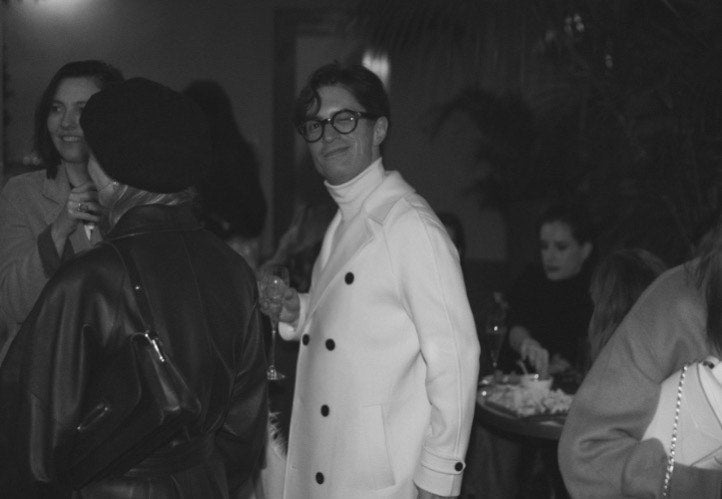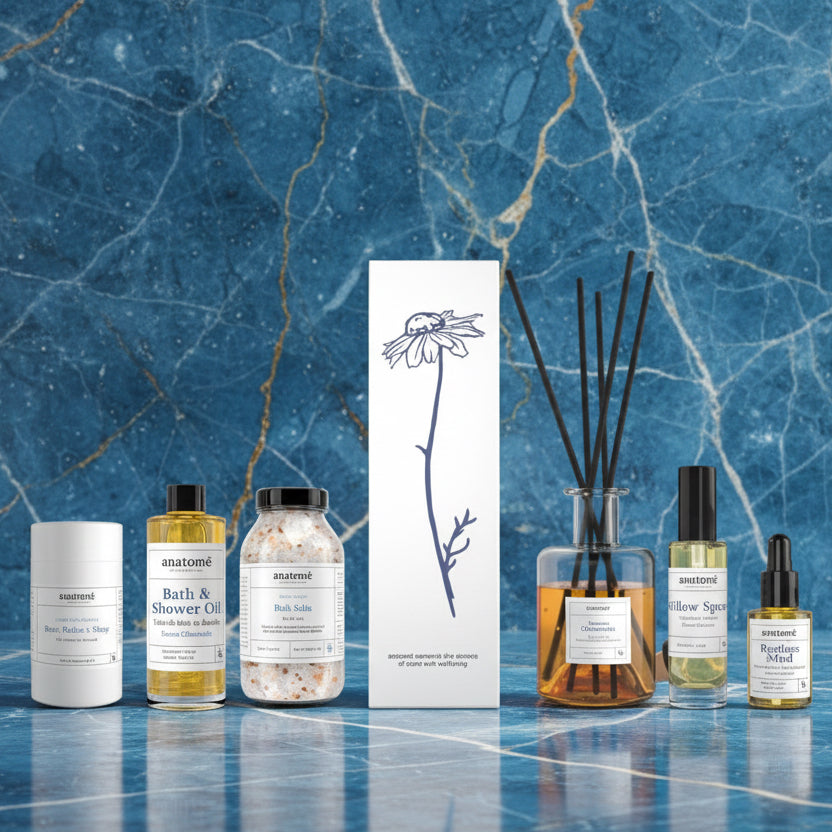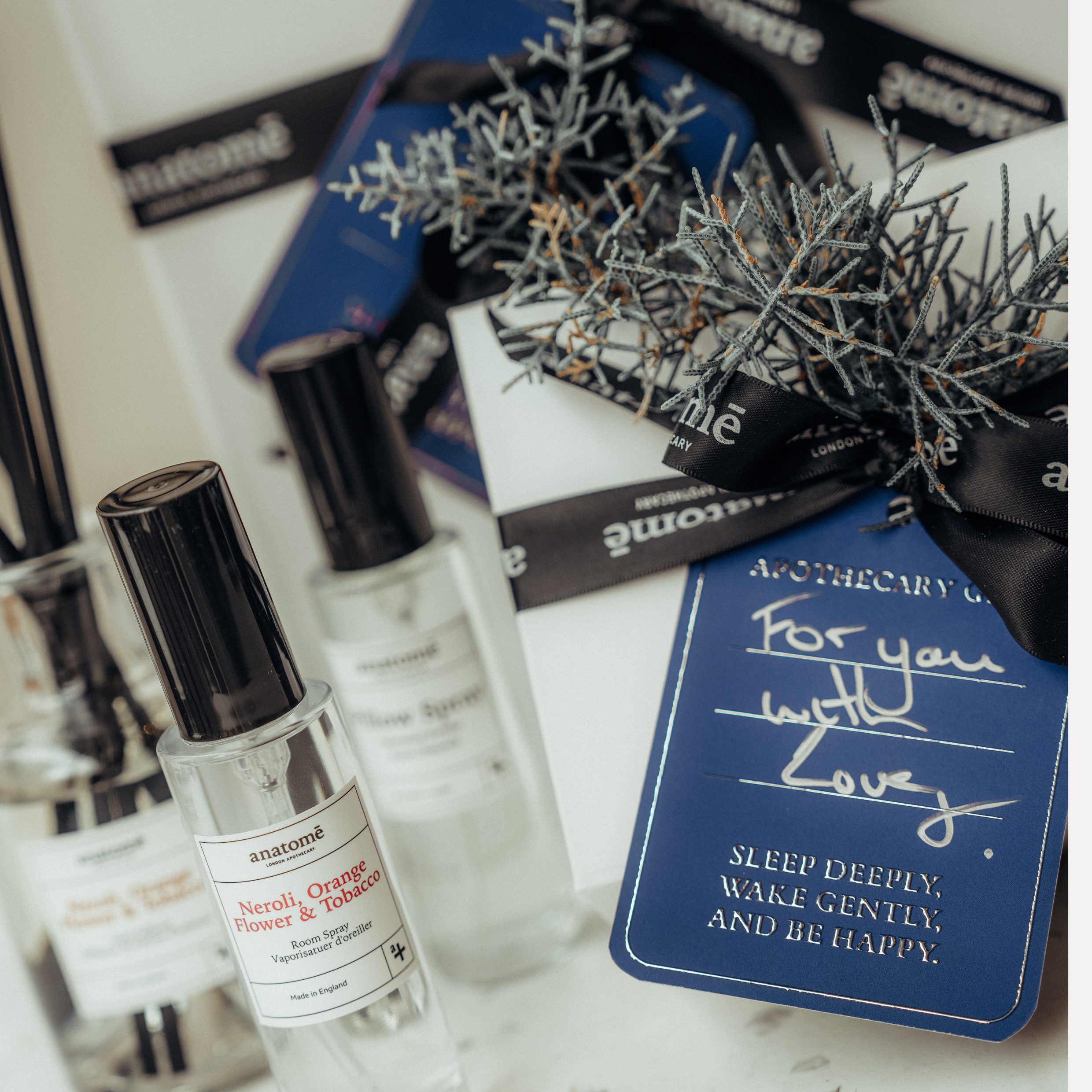As a full-time freelancer, creative consultant Gabriel Weil knows how difficult it can be to switch off from work mode, particularly when you’re your own boss. He’s adamant, however, that honouring the importance of rest is essential for innovative thinking and sustainable productivity.


Q: So especially as a freelancer, when you have to create your own work hours, how do you build boundaries between work and personal life? How do you make sure you're looking after your mental health?
When you're a consultant and you work for different brands, every brand has a story, every brand has a challenge. You need to switch on and switch off when you're working with them. But switching on and off is the difficult part. I believe in being very clear, very transparent with timings ahead.
We have a tendency to overwork to keep the client— I did that a lot in the beginning. But now I always under-promise to make sure they know what's happening, so they manage their expectations. I use out-of-office messages, or I say, I'm not working for you tomorrow, but on Friday, I'll look at it for you.
That kind of statement protects you and makes you more efficient, because you need to deliver to all your clients.
If a client is in a hurry and sometimes comes to you with ‘I need this done now’, and you panic with them, then you neglect other projects.


Q: But like you said, turning your work-mode on and off is not easy— do you have any methods for doing that effectively?
What I do, for example, is in the morning, I don't look at my emails. I wake up, I’ll look at the news, I’ll look at socials, I’ll look at something I'm interested in at the moment with my coffee. Then I'll go to the gym, and my phone is locked inside my locker. When I'm done with my workout, and I've showered and I'm dressed, then I'm going to look at my emails and see what's happening today.
And then there's that moment when the day is over, and what I try to do is treat myself. It can be a drink. It can be a meal, it can be an hour watching something really silly (that I’m not particularly proud of)— all these things are a way of saying, this is my moment.
Something we do as well in our free time is overcommit socially, and that's something that I am guilty of, and I'm getting better at it. So I'm trying to book things in advance and say to a friend, I'll see you in a couple of weeks. Let's have a drink then. And I have that date there, and I'll look at that week and see, okay, I already have something that week. I can book a second one, but not five.
We tend to say, ‘I'm not treating myself well, I'm not looking after myself.’ It's not about blaming yourself, but it's about managing your time.
Looking after yourself doesn't have to be going to the gym, or having a low carb meal or meditating for 20 minutes, it can be watching something silly on TV with no interruptions, and during that time, you're not gonna answer your phone. You're not gonna reply to texts. That, to me, is already helpful.

Q: Do you think there’s any boundaries you’re struggling with?
I'm a bit of a victim of my phone. I answer too much, and I tend to sacrifice my personal time. I'm getting better at it and learning. After around 9pm I stop answering now, because it's my time and it pays off. Actually, I sleep better. I feel less drained and less overwhelmed. So, that limit and that boundary is very important.
Q: Do you think you have good sleep hygiene?
I'm not the best sleeper in the world, naturally, so I need to be careful. No caffeine after 3pm. I tend to cook light meals in the evening, because cooking to me is almost like meditation. And it's also a creative outlet. So I do enjoy that.
I'm reducing alcohol whenever I can. I'm not a huge drinker. But even those two glasses that you have, it does interfere with your sleep.
I try to stay away from all screens for about half an hour before I fall asleep. You can read a book, or what I do is tidy up a little bit. I like to sleep when my home is clean, and where everything is tidy. Everything's in its place. I don't like waking up in the morning to dirty dishes, for example.
Q: Agreed. So, we were talking about embracing imperfectionism earlier– could you speak on that?
Being able to deliver work that is improvised or think-on-your-feet is very important to professional life. I think universities should teach that a little bit more, because they're grading on your level of perfection and lack of mistakes. And actually, in real life, if you scribble something, and you make a grammar mistake, the idea is still there. Yeah, of course, you need time to perfect it afterwards.
But what I do professionally, for example, is very imperfect, it's creative. It's thinking with a client with an outsider's eye, looking at their business, or their project or their collection, and delivering something that they haven't thought of.
So the idea is the most important part, and then you finesse it. It's better to be imperfect, but bold, and push the boundaries. And then you get the team you're working with to refine it with you.
Q: Because if you self-edit before you ever start…
Yeah, it also depends on who you're working with. Some people, they're happy with your raw ideas, because they have the vision. Sometimes you work for businesses that don't have that vision, and they can't understand it. So they get scared. And they try to dilute it and water it down so it's more palatable to them. I think that's very dangerous for a business. Because you need that human energy and that creativity to flourish. Let it take your business somewhere you don't expect, and you can always reassess if you think it's too much.

